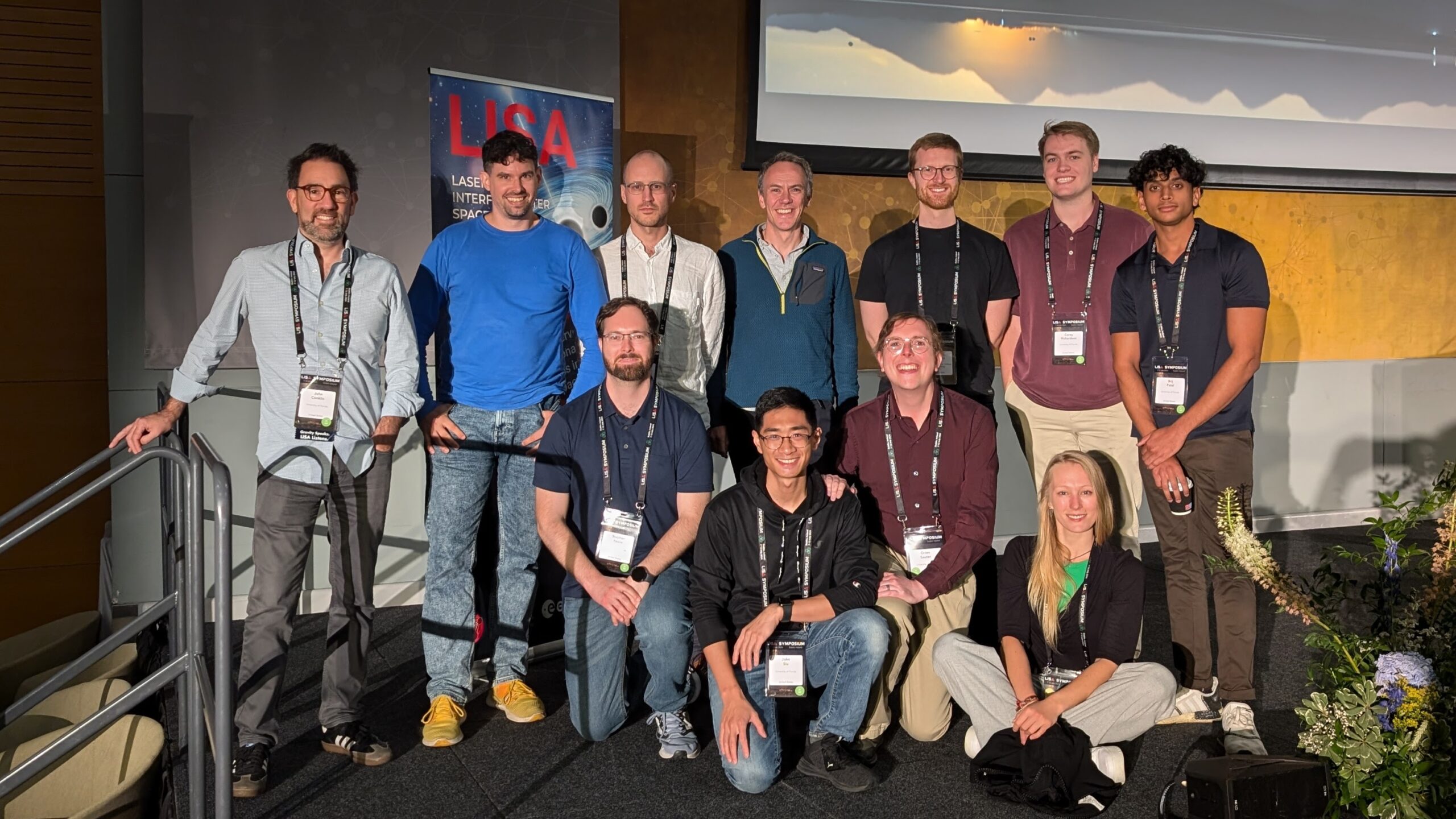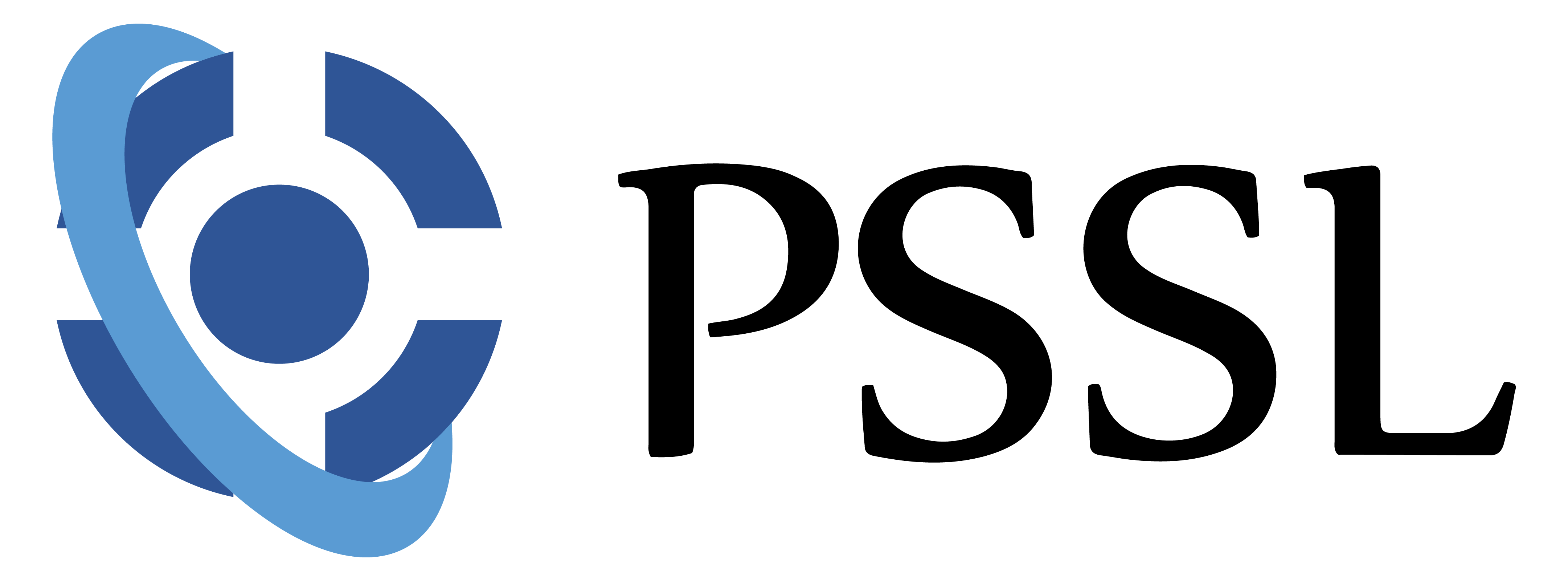Share
PSSL Team Reunites at the 15th International LISA Symposium
The Precision Space Systems Laboratory (PSSL) from the University of Florida had a strong presence at the 15th International LISA Symposium in Dublin, Ireland, from July 7-12, 2024. The team presented their latest work on several fronts, including the LISA Charge Management Device (CMD), the Torsion Pendulum, test mass data glitch mitigation, and the CLICK and GRATTIS projects.

From left to right:
Dr. John W. Conklin, Dr. Simon F. Barke, Dr. Myles Clark, Dr. Peter Wass, Dr. Thomas S. Schwarze, Corey Richardson, Brij Patel (top row)
Dr. Stephen Apple, John Siu, Dr. Orion Sauter, Dr. Lea Bischof (bottom row)
credit
PSSL
The LISA team discussed the verification testing and development of flight hardware for CMD, focusing on UV light units and fiber optic harnesses. Related posters detailed the modeling of UV light transmission through the harness to ensure effective charge management, and simulations to manage charge on LISA’s test masses using UV light to eliminate electrostatic disturbances.
The Torsion Pendulum presentation covered experimental results on controlling charge using a LISA-like sensor, highlighting the importance of precision. The team also presented on the detection and mitigation of glitches in LISA’s test mass acceleration data using a maximum likelihood technique.
The GRATTIS project showcased new sensor technology meant for future missions. The sensors are derived from LISA technology but focus on easier manufacturing while maintaining performance compatible with Earth gravity measurements. Additionally, there was a presentation on the CLICK mission, which aims to advance laser communication technology between small spacecraft. CLICK’s relevance to LISA lies in its demonstration of laser data communication, timing transfer, and ranging, which are crucial for LISA’s operations.
The symposium also allowed the PSSL team to reconnect with former lab members now contributing to the LISA mission at different institutions. This meetup highlighted the ongoing collaborations and shared goals within the scientific community.
For more details, check out the LISA Mission website and the 15th International LISA Symposium website.
